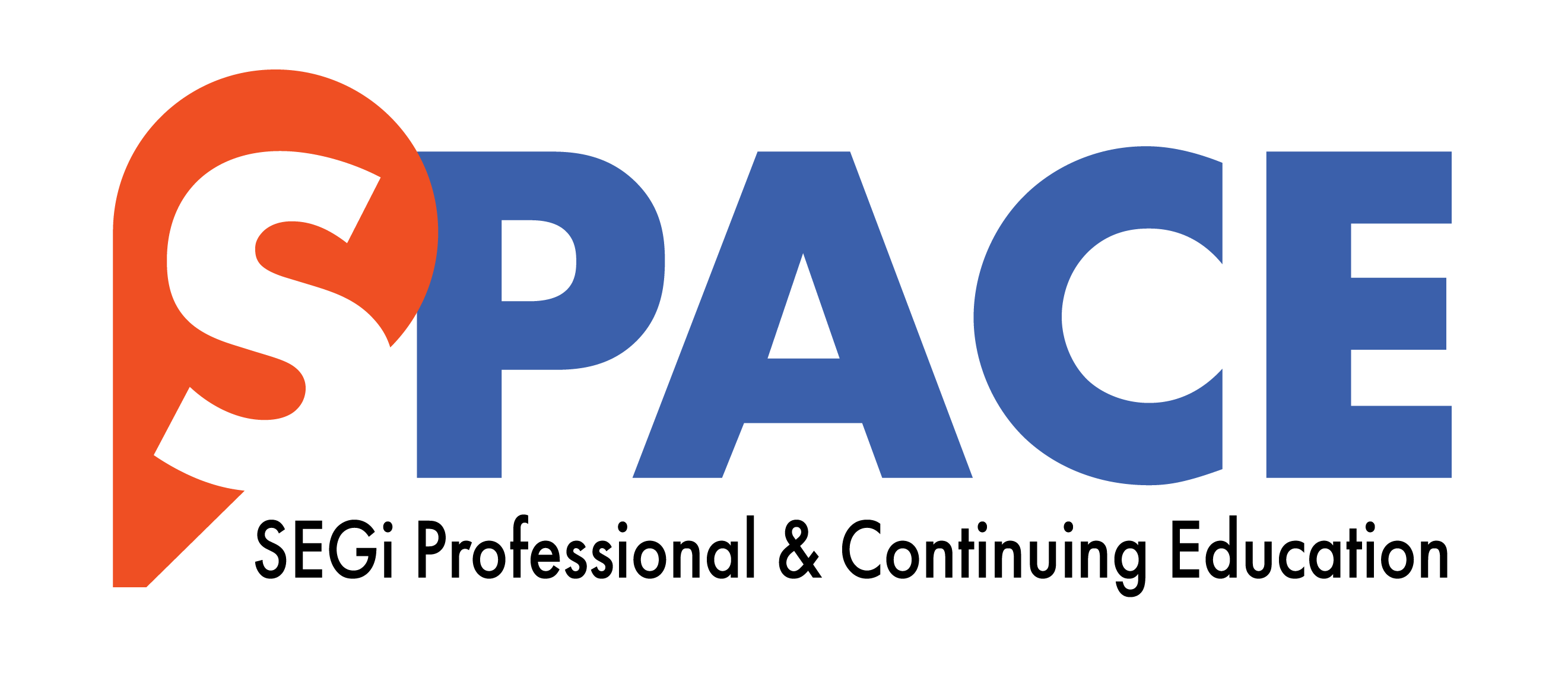Flexible Learning That Enhances Your Potential
Micro-credential certification in Introduction to Applied Psychology PSY1054 (BPSY)
This course prepares students to be real-life problem solvers in the field of Applied Psychology. This course introduces students to the main areas of applied psychology. The meain areas discussed in this course including Clinical Psychology, Health Psychology, Educational Psychology, Occupational Psychology and others.
 This programme is designed, delivered, assessed and awarded by SEGi University through the SEGiUniDigital Platform.
This programme is designed, delivered, assessed and awarded by SEGi University through the SEGiUniDigital Platform.
Entry Requirements - No
Age Experience - 23 Years Above
Language Proficiency - Yes
Numeracy Proficiency - No
Pre-requisites - No
- Introduction
- What Is applied psychology?
- Research and applied psychology
- Regulation and standards of conduct
- Emerging areas of applied psychology"
- Clinical Psychology
- How does clinical psychology affect you?
- Who are clinical psychologists?
- The domain of clinical psychology
- Conceptual and classification issues in clinical psychology
- Health Psychology
- What Is health psychology?
- Biopsychosocial Approach to health psychology
- Stress, coping and health"
- Forensic Psychology
- What do forensic psychologists do?
- The role of the forensic psychologist in an organisation
- The role of the forensic psychologist when working with offenders
- Ethical issues associated with forensic psychology"
- Educational Psychology
- What is educational psychology?
- What do educational psychologists do?
- Key functions and responsibilities
- Every child matters
- Ethics
- Occupational Psychology
- Introduction
- The employee life cycle
- Interruptions from the employment cycle - stress, work-life balance and maternity
- Ethics and organisations
- Sports and Exercise Psychology
- Who are the clients?
- Psychological skills interventions in sport and exercise psychology
- Sport and exercise psychology - understanding social, developmental and personality factors"
- Engineering Psychology
- Attention in perception and display space
- Memory and training
- Selection of action
- Attention, time sharing and workload
- Mental workload, stress, and individual differences: cognitive and neuroergonomic perspective"
- Counselling Psychology
- Major theory groups
- Major theories and skills
- Multimodel counselling
- Legal and ethical issues
- Rehabilitation Psychology
- Understanding the role of psychologists in disaster management and rehabilitation
- Use of psychological techniques in disaster management
- Use of psychology in rehabilitation work
- Trauma and Post Traumatic Stress Disorder (PTSD)
- Rehabilitation Psychology
- Understanding the role of psychologists in disaster management and rehabilitation
- Use of psychological techniques in disaster management
- Use of psychology in rehabilitation work
- Trauma and Post Traumatic Stress Disorder (PTSD)
- Social Psychology
- Role of psychologists in tackling social Issues (interventions, research, policy)
- Understanding others & social cognition
- Attitude
- Prejudice
- Social influence
- Agression
- Consumer Psychology
- Buying, having, and being: an introduction to consumer behavior
- Consumer and social well-being
- Motivation and affect
- Attitudes and persuasive communications
- Buying, using, and disposing
- Community Psychology
- Introduction
- Stress, coping social support and resilience
- Community Intervention Strategies
- Social and human services in the community
- Schools, children, and communities
- Law, crime, and the community
Coursework - 60%
Exam - 40%
- Bachelor of Psychology
Upon successful completion of this Bachelor of Psychology programme and meeting the necessary entry requirements, students will be able to progress into the following programme(s):
- Master of Psychology
